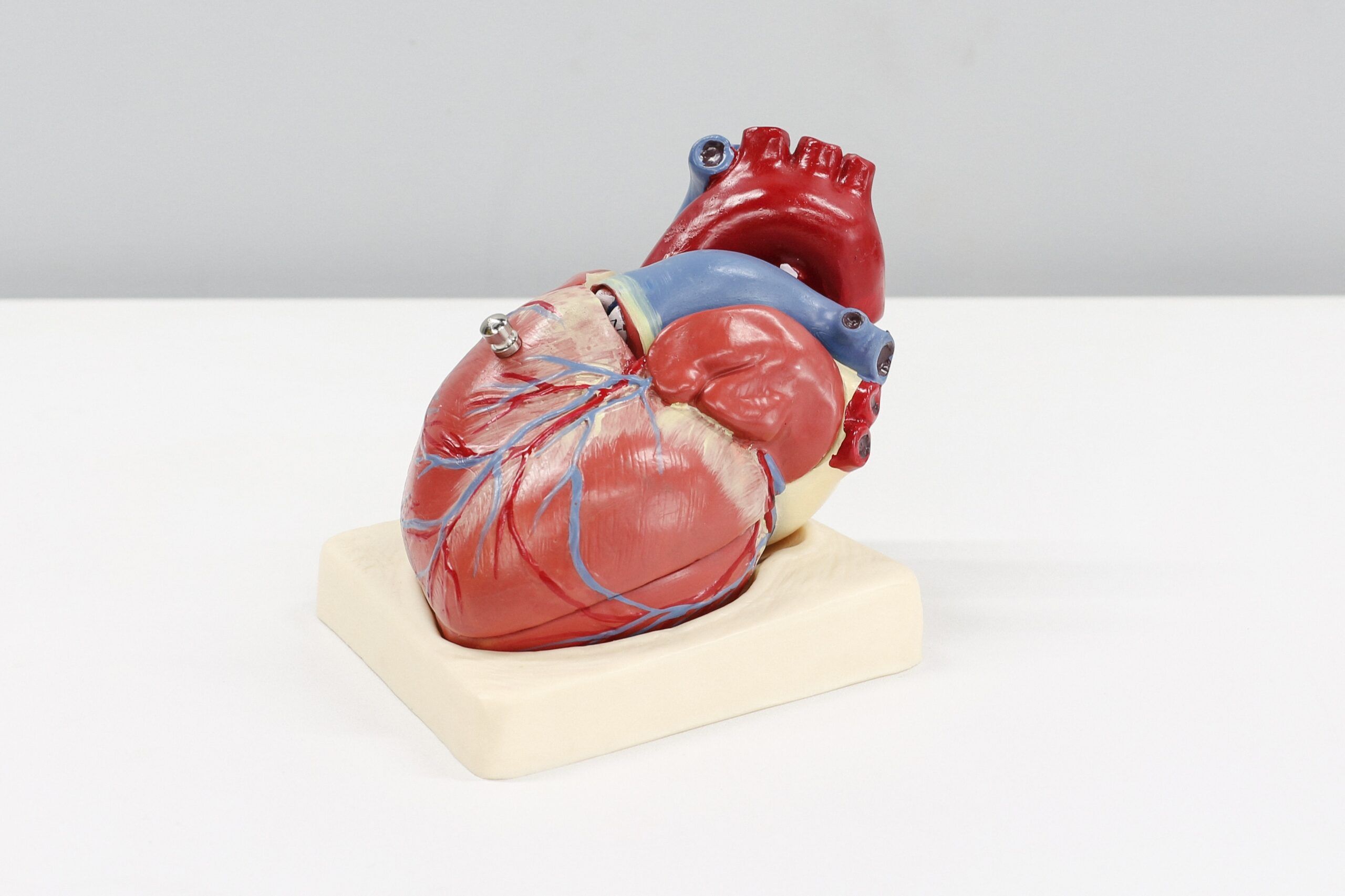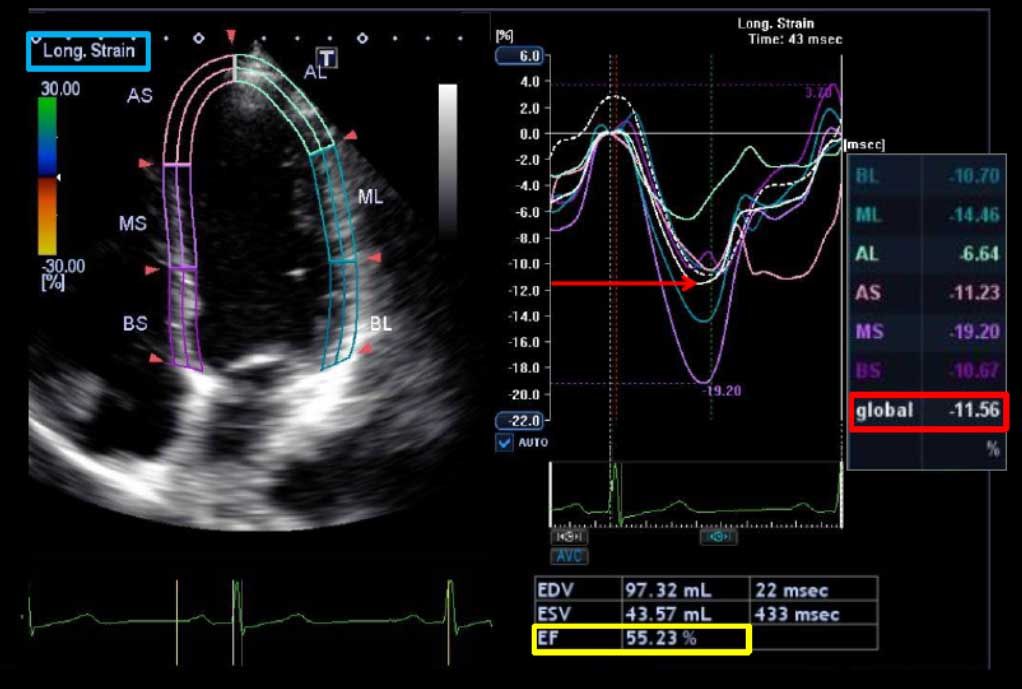Non-steroidal anti-inflammatory drug use and risk of atrial fibrillation or flutter
In a population based case-control study using data from medical databases , Schmidt M, et al., from Denmark, examined the risk of atrial fibrillation or flutter associated with use of non-selective non-steroidal anti-inflammatory drugs (NSAID) or selective cyclo-oxygenase (COX)2 inhibitors. This study has been published in the British Medical Journal (BMJ) this year.
They studied 32602 patients with a first inpatient or outpatient hospital diagnosis of atrial fibrillation or flutter between 1999 and 2008; 325 918 age-matched and sex matched controls based on risk-set sampling.
They concluded that the use of non-aspirin NSAIDs was associated with an increased risk of atrial fibrillation or flutter. Compared with non-users, the association was strongest for new users (first ever prescription redemption within 60 days before diagnosis date), with a 40-70% increase in relative risk (lowest for nonselective NSAIDs and highest for COX2 inhibitors). Results for individual NSAIDs were similar.
This study adds evidence that atrial fibrillation or flutter needs to be added to the cardiovascular risks to be considered when prescribing NSAIDs.
Reference: Schmidt M; Christiansen CF; Mehnert F; Rothman KJ; Sørensen HT, BMJ. 2011; 343:d3450


